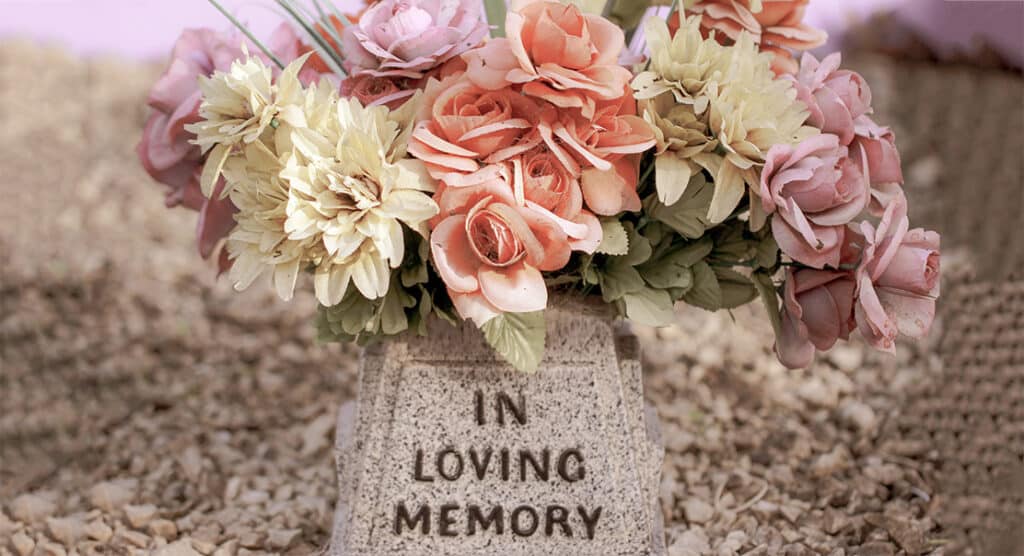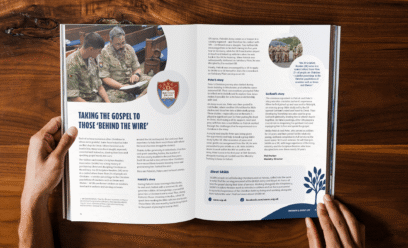Let’s talk about death

According to a recent report, people are more likely to talk about death with their religious communities than with their friends or family so are we ready for that conversation?
The Covid-19 pandemic (remember the daily death statistics we had flashing across our screens?) and recent high-profile public figures dying such as the Queen have brought the subject of death closer to the public consciousness. However, people still shy away from talking about it in private, according to a new report by Theos and the Susanna Wesley Foundation.
The report states that the pandemic made people think more about their own mortality and the deaths of loved ones, but that these conversations were often difficult to have especially with friends and family and that practical and spiritual preparation was still not happening. The report also found that people are more likely to talk about death with their religious communities than with their friends or family.
At a practical level, this is displayed in our avoidance of making preparations for our funeral arrangements – 36% of people had written a will, and only 21% had talked about their own death with someone else.
We need to do more to talk about death and dying
There has also been an increase in secular funerals and in direct cremation where there is no formal ceremony which while being cheaper takes away the focus on the death. Whether in religious or non-religious settings there is more emphasis on celebrating a person’s life than on mourning their death.
The report concludes that ‘death may have a rising profile in public conversation, yet on a personal level, we tend towards avoidance… death is a natural part of life, but it is still a taboo subject. We need to do more to talk about death and dying, and to support people in preparing for their own deaths.’
This week also sees a new BBC documentary on the late Dame Deborah James, co-founder of the podcast You, Me and the Big C, where she discussed her bowel cancer. The podcast reached number one in the UK podcast charts with its informative and light-hearted approach to the topic. But for all the good work on cancer awareness and celebrating life there is no hope in those podcasts on what happens next after death. The message seemed to be this: avoid an early death by all practical means, and if you are seriously ill, then try and make the best of it. In Dame Deborah’s life there is certainly a lot to celebrate. But what then?
Christians should be at the forefront of talking about death, openly, and sympathetically but most especially with hope. We want to encourage healthy living and practical preparation for death and be the ones talking about how Jesus has conquered death and offers us eternal life which starts now. We will seek to prepare people practically and psychologically but ultimately every person needs to be prepared spiritually.
We don’t want to be morbid or to frighten people into becoming religious – like how the daily death toll might have been used to intimated some of us during the pandemic to keep the rules – but we do want to talk about the reality of our mortality and point people to ‘our Saviour, Christ Jesus, who has destroyed death and has brought life and immortality to light through the gospel.’ (2 Timothy 1:10)

Stay connected with our monthly update
Sign up to receive the latest news from Affinity and our members, delivered straight to your inbox once a month.



